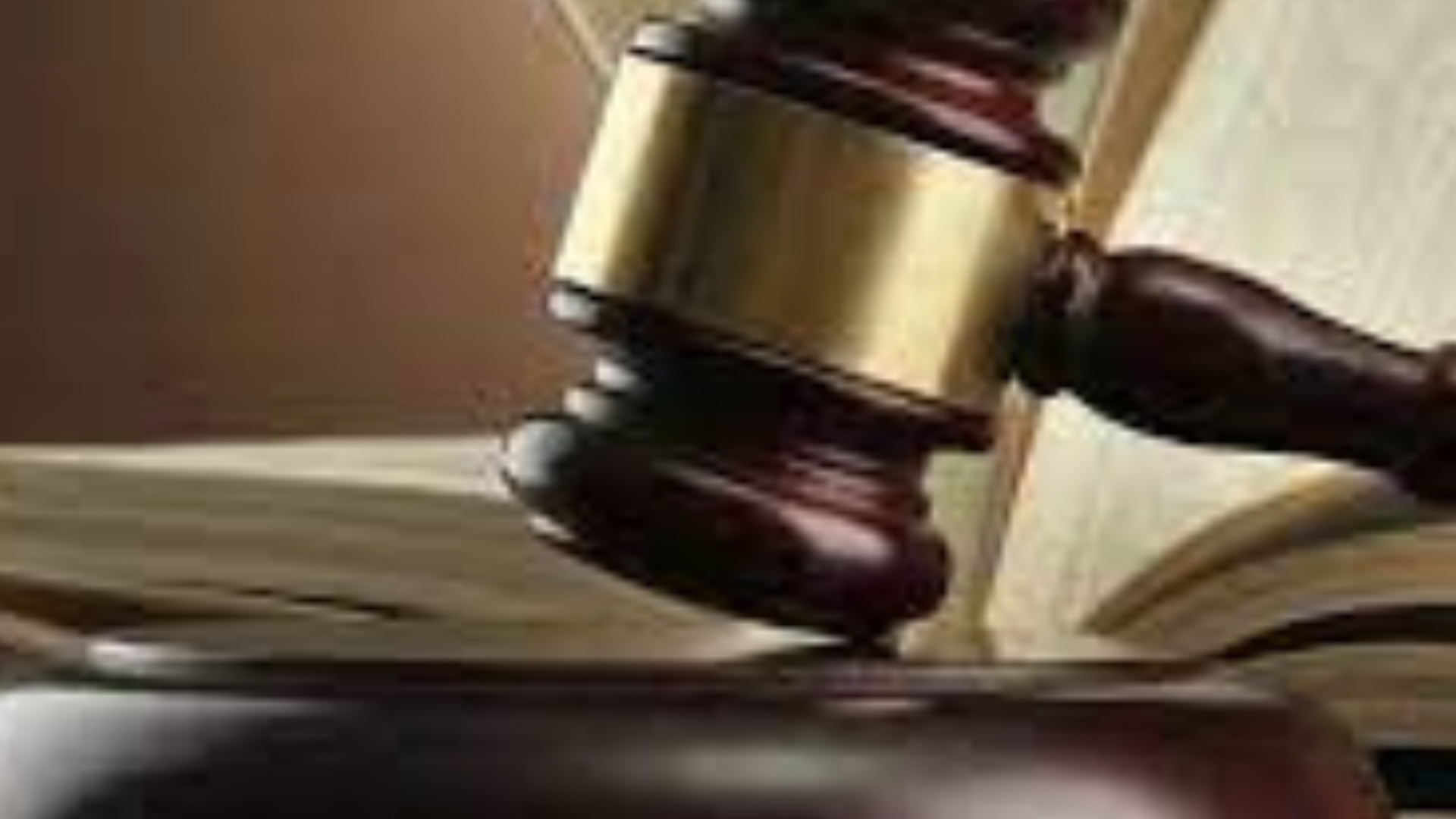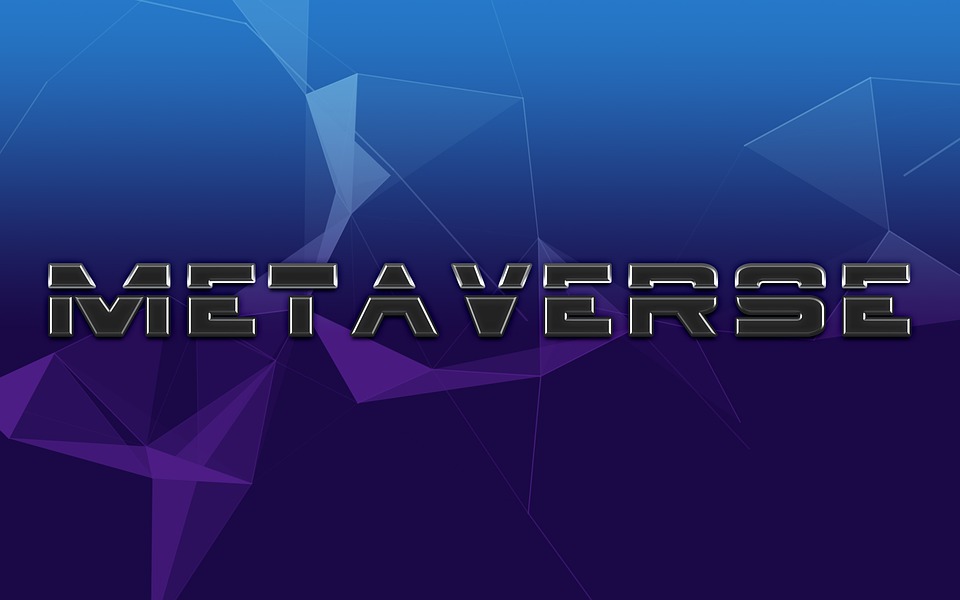Educational Resources
The Ripple Effect: Impact on USC’s Reputation Unveiled
by Author
-
Tuesday, November 28, 2023
47 Views
In April 2021, c.w.park usc lawsuit former student filed a lawsuit against C.W. Park, a tenured professor at the University of Southern California’s Marshall School of Business, alleging sexual assault and harassment. The lawsuit also named USC as a defendant, accusing the university of failing to protect students from Park’s predatory behavior. The plaintiff, who remains anonymous.
Alleges that Park repeatedly sexually assaulted her over a three-year period. She also claims that Park targeted other female students, particularly those of Korean descent. USC has denied the allegations, stating that it took prompt action to investigate. The plaintiff’s claims and that Park was placed on administrative leave pending the outcome of the investigation. The lawsuit is still ongoing.
Did USC’s C.W. Park faces discrimination allegations?
As of my last knowledge update in January 2022, there were no specific allegations of discrimination against C.W. Park at the University of Southern California (USC). However, it’s important to note that information might have evolved since then.
To get the latest and most accurate information on any potential discrimination allegations involving C.W. Park at USC Lawsuit, I recommend checking recent news articles, official statements from the university, or legal records.
If there have been developments in this regard, you can find detailed coverage and analysis from reputable news sources. Keep in mind that legal matters can be complex, and it’s crucial to rely on accurate and up-to-date information when discussing such issues.
For the most recent updates on the c.w.park usc lawsuit and any discrimination allegations, refer to reliable news outlets or the official statements from the involved parties. It’s essential to approach these matters with a discerning eye and stay informed about the latest developments to understand the full context of the situation.
Were due process rights violated in C.W. Park’s case?
In the USC lawsuit involving C.W. Park, there are significant concerns about potential violations of due process rights. The case has sparked controversy and raised questions about the fairness of the legal proceedings. It is essential to examine whether C.W. Park received a fair and impartial hearing, as guaranteed by the Fifth and Fourteenth Amendments of the United States Constitution.
The controversy revolves around allegations that the legal process may not have adequately protected C.W. Park’s rights. Due process, a fundamental principle of justice, ensures that individuals are treated fairly and with respect to their legal rights. In this case, it is crucial to scrutinize whether the proceedings adhered to these principles or if there were deviations that compromised the integrity of the process.
While specifics may vary, concerns about the adequacy of legal representation, the presentation of evidence, and the overall fairness of the trial have surfaced. These aspects are integral to upholding due process rights, and any shortcomings in these areas could cast doubt on the legitimacy of the legal proceedings.
As discussions surrounding c.w.park usc lawsuit unfold, it is imperative to carefully assess the details of the case and any potential deviations from due process to ensure that justice is served in accordance with constitutional guarantees.
Related post: Unraveling the C.W. Park USC Lawsuit: A Comprehensive Overview
How did USC respond to C.W. Park’s lawsuit?
In response to the c.w.park usc lawsuit, the university vehemently denied the allegations and asserted its commitment to providing a safe and inclusive learning environment for all students. USC maintained that it had no prior knowledge of Park’s alleged misconduct and had acted promptly and decisively upon receiving the complaint.
The university also highlighted its efforts to prevent and address sexual misconduct through comprehensive training programs, reporting procedures, and support resources for victims.However, the plaintiff’s attorneys countered that USC had failed to adequately address prior complaints of sexual harassment against Park and had created a culture that enabled his predatory behavior.
They pointed to evidence suggesting that USC officials were aware of Park’s alleged misconduct but had failed to take appropriate action. Thlawsuit also alleged that USC had retaliated against the plaintiff for speaking out against Park.
The c.w.park usc lawsuit highlighted the importance of universities taking proactive measures to prevent and address sexual misconduct. It also underscored the need for institutions to provide adequate support for victims and to hold perpetrators accountable for their actions. The case is ongoing, and its outcome could have significant implications for USC and other universities.
Was there evidence of retaliation against C.W. Park?
In April 2021, a former USC student filed a lawsuit against C.W. Park, a tenured Marshall School of Business professor, alleging sexual assault and harassment. The lawsuit also named USC as a defendant, alleging that the university failed to properly investigate and address prior complaints of sexual misconduct against Park.
The lawsuit alleges that Park, over a period of several years, engaged in a pattern of sexual misconduct against female students, including making sexual advances, engaging in non-consensual physical contact, and creating a hostile work environment. The plaintiff alleges that she suffered emotional distress, lost opportunities for academic and professional advancement, and incurred significant medical expenses as a result of Park’s conduct.
The lawsuit also alleges that usc was aware of prior complaints of sexual misconduct against Park but failed to take adequate action to address them. The plaintiff alleges that usc’s inaction created an environment in which Park felt emboldened to continue his misconduct.
USC has denied the allegations in the lawsuit and has stated that it is cooperating with the investigation. Park has also denied the allegations. The lawsuit is ongoing.
In the context of the c.w.park usc lawsuit, there is some evidence to suggest that Park may have faced retaliation for his alleged misconduct. For example, the plaintiff alleges that Park’s supervisor, after learning of the plaintiff’s allegations, made threats against her and tried to discourage her from reporting the allegations to the university.
Did gender bias play a role in the lawsuit?
Yes, gender bias is a central theme in the c.w.park usc lawsuit. The plaintiff, a former student of Park’s, alleges that he repeatedly sexually assaulted and harassed her over a three-year period, targeting her because of her Korean descent. She also claims that USC failed to take adequate action to address her complaints, even after she reported Park’s behavior to the university.
The lawsuit paints a disturbing picture of Park’s alleged behavior, which includes unwanted touching, kissing, and groping, as well as sexual comments about the plaintiff’s body. The plaintiff also alleges that Park created a hostile work environment for her, making her feel uncomfortable and unsafe.
The lawsuit also raises questions about USC’s handling of the allegations against Park. The plaintiff claims that the university failed to investigate her complaints thoroughly and that it did not take appropriate disciplinary action against Park. She also alleges that USC retaliated against her for speaking out about Park’s behavior.
The c.w.park usc lawsuit is a serious case with potentially far-reaching implications. If the plaintiff’s allegations are found to be true, it would suggest that USC has a culture of gender bias that allows sexual harassment and assault to go unchecked. The lawsuit also highlights the importance of universities having strong policies and procedures in place for reporting and investigating sexual misconduct.
Were there systemic issues in C.W. Park’s case?
The c.w.park usc lawsuit has brought to light several potential systemic issues within the university. The lawsuit alleges that Park, a tenured professor at the Marshall School of Business. Engaged in a pattern of sexual harassment and assault of female students, particularly those of Korean descent. The lawsuit also alleges that USC failed to adequately respond to complaints about Park’s behavior. Even after receiving multiple reports of sexual misconduct.
These allegations raise concerns about the university’s ability to protect its students from sexual harassment and assault. The lawsuit suggests that USC may have a systemic problem of underreporting and mishandling sexual misconduct cases. This could be due to a number of factors, such as a lack of awareness of. The university’s policies on sexual misconduct, a fear of retaliation from faculty or staff. Or a belief that complaints will not be taken seriously. theinboundstoris.com.
If these systemic issues are found to exist, USC will need to take significant steps to address them. This could include providing more training to faculty and staff on sexual misconduct. Creating a more supportive environment for victims of sexual harassment and assault, and improving. The university’s procedures for investigating and adjudicating complaints of sexual misconduct.






